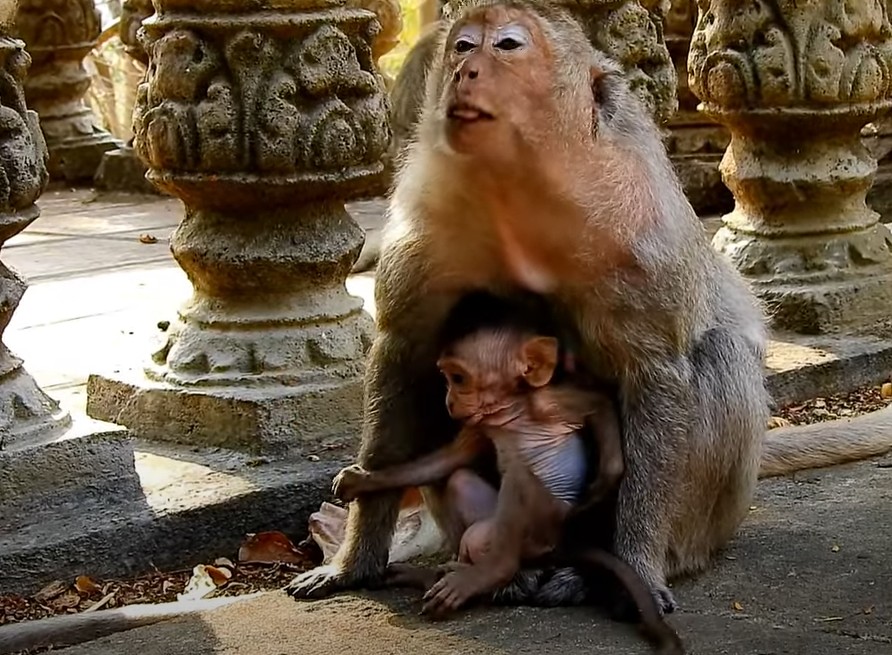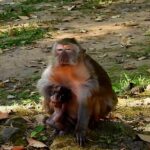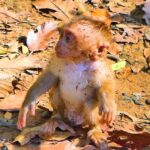In the wild, survival is often a harsh teacher, and for many animal species, mothers play a crucial role in preparing their offspring for the challenges of life. One striking example of this is seen in primates, where monkey mothers sometimes deny their babies milk, enforcing a kind of “tough love” that ultimately benefits the young in the long run. While it may seem cruel to human observers, this behavior is a strategic survival lesson designed to ensure the baby learns essential skills for independence.
The Science Behind Tough Love in Monkey Parenting
Mother monkeys are highly attentive and caring, but they also have to balance nurturing with the need to encourage self-reliance. Scientists studying primate behavior have observed that some monkey mothers deliberately withhold milk from their babies, particularly as they grow older and approach weaning age. This denial is not an act of neglect but a calculated move to push the infant toward independence.
In species like macaques and baboons, young monkeys start their lives entirely dependent on their mothers for food, warmth, and protection. However, as they grow, their mothers gradually reduce the amount of milk they provide, nudging the infant toward eating solid food. If a baby monkey clings too much to its mother or resists foraging on its own, the mother may forcibly push it away or even refuse to nurse.
This behavior helps the young monkey in multiple ways. First, it forces the baby to begin experimenting with solid food, an essential skill for survival. Second, it encourages the infant to explore its environment, interact with other members of the group, and learn social dynamics. If the baby were to rely solely on its mother for too long, it might struggle to integrate into the troop, leaving it vulnerable when the mother is no longer around.
Survival in the Wild: A Delicate Balance
Survival in the wild is unforgiving. Food sources can be scarce, and competition within a group is intense. A mother monkey must ensure that her offspring can fend for itself before another pregnancy shifts her focus to a new baby. If a young monkey is too dependent for too long, it risks falling behind its peers in terms of strength, social status, and ability to find food.

In some cases, the mother may become particularly strict, even appearing to “bully” her offspring by physically pushing it away or ignoring its cries. While this might seem harsh, it serves a greater purpose: ensuring the baby’s long-term survival. Researchers have found that monkey mothers who enforce independence early tend to have offspring that are more successful later in life, as they adapt quickly to group dynamics and food acquisition.
Lessons for Human Understanding
While humans have vastly different social structures and parenting styles, there is something to be learned from the way monkey mothers teach their young resilience. Encouraging independence, fostering problem-solving skills, and gradually reducing direct assistance are all strategies that benefit both primates and human children in their respective environments.
In the animal kingdom, tough love is not cruelty—it is a lesson in survival. Monkey mothers, by denying milk at the right time, are not abandoning their young but preparing them for the challenges ahead, ensuring they have the skills needed to thrive in the wild.

